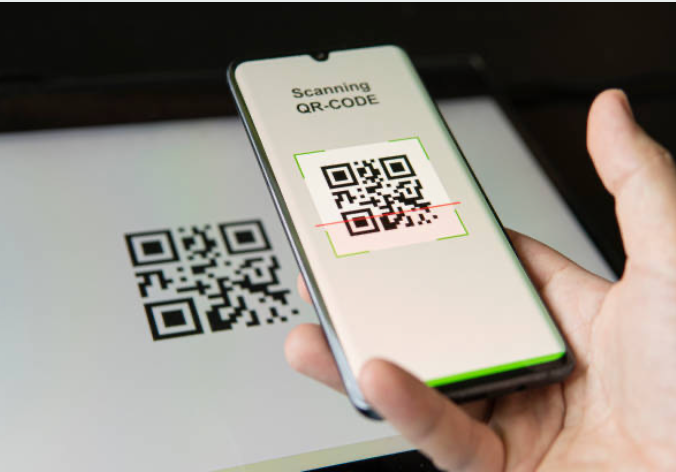by Dave Williams | Capitol Beat News Service
ATLANTA – Secretary of State Brad Raffensperger has long contended that the Dominion Voting System machines the state uses are more accurate than paper ballots. Now, he has evidence to demonstrate that poiint.
A first-of-its-kind ballot-image audit conducted in all 159 counties after this month’s elections found discrepancies on only 87 of the nearly 5.3 million ballots cast across Georgia on Nov. 5. All but one of those discrepancies occurred on hand-marked paper ballots.
“The ballot-image audit shows again that the votes in Georgia were counted accurately, securely, and quickly,” Raffensperger said. “Our system works accurately and can be trusted.”
The audit examined all 1,955 races in every county in Georgia, including 295 state or federal contests and 1,660 local races.
The lone machine ballot found with a discrepancy occurred with a write-in vote in a local contest that was awarded incorrectly to a candidate on the ballot.
The audit found that the QR codes on paper backups to machine ballots were 100% accurate.
The use of QR codes has been criticized as confusing to voters. The General Assembly passed legislation this year eliminating the QR codes in time for the next election cycle.









